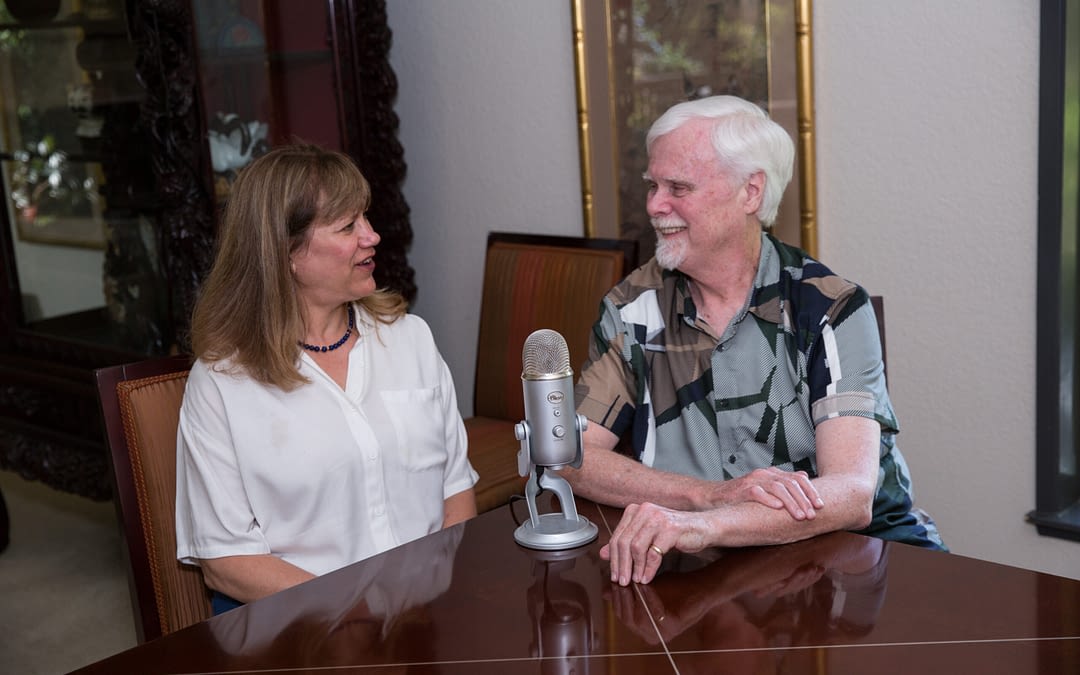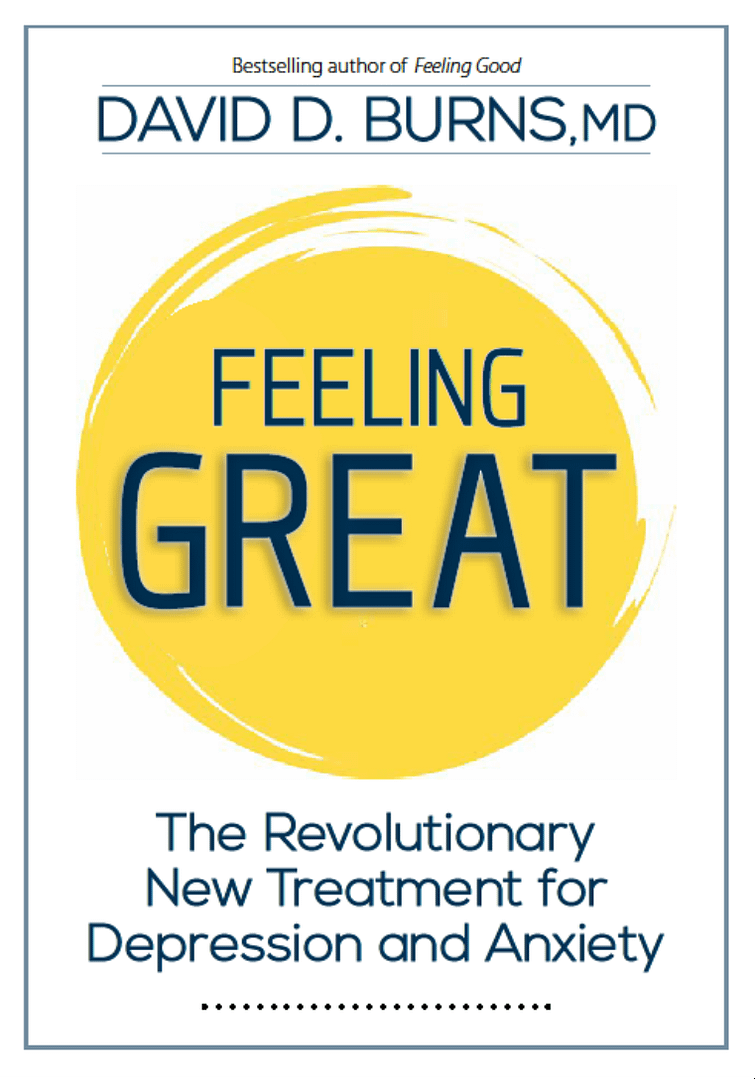Today, the Cognitive Distortion Starter Kit Focuses on
Blame
This is the final podcast on the Cognitive Distortion Starter Kit. Today, we focus on techniques to combat Blame. There are two common forms of Blame, and both can be deadly.Self-Blame: You beat up on yourself and blame yourself for things. Self-Blame is nearly always accompanied with self-directed Should Statements: “I really screwed up. I shouldn’t have done that!” Self-Blame triggers depression, worthlessness, and guilt, and sometimes triggers feelings of hopelessness and suicidal urges.
Other-Blame: You beat up on others and blame them for the problems in your relationships. Other-Blame is nearly always accompanied with other-directed Should Statements: “He’s such a loser. He shouldn’t have such ridiculous beliefs!” Other-Blame triggers anger and conflict in relationships, and can sometimes trigger rage, violence, and even murder.
Rhonda describes going on a bicycle trip with her husband. But when they got to the trailhead, they realized that her husband had put the wrong bicycle for Rhonda on their car. Sadly, the much-anticipated bicycle ride was ruined, and Rhonda began fuming and blaming her husband for having made this mistake. but then she decided to back off and think about her own role in the problem, and soon they were bake in a loving mood again. Unfortunately, for many people, the outcome is different, with escalating arguments and lasting feelings of resentment and indignance. David describes his work with a married woman who blamed herself for sexual difficulties and a history of sexual abuse as a child, who stood in front of a mirror with a razor blade to her neck the night before her first session with David. She was debating, “Should I just slit my throat and get it over with, or should I show up for my session in the morning?” Rhonda presses David for details about the treatment, which had a glorious outcome. David also gives a dramatic example of Other-Blame—a man who shot two obnoxious and aggressive teenage boys with his crossbow during a road rage incident. He shot one of the boys through the heart, and he fell and bled to death. Then he shot the other boy through the spinal column, and that boy survived but ended up paralyzed for life. The man was arrested and given a life sentence in prison. When interviewed by a television reporter and asked if he had any remorse or regrets, the man said, “Regrets! Hell no! That was the greatest accomplishment of my life! I think about constantly and it makes me euphoric. If I had the chance, I’d do the exact same thing again!” And that the huge problem with Other-Blame. Although negative thoughts containing Other-Blame are nearly always extremely distorted, just like the thoughts that cause depression, thoughts with Other-Blame trigger feelings of moral superiority and anger that can be extremely addictive. That’s why anger and relationship conflicts can be way harder to treat than depression and self-blame. One potentially helpful technique is a Blame Cost-Benefit Analysis, listing all the many advantages and benefits of blaming others for your problems and relationship conflicts. Once you’ve seen all the benefits, you can list the disadvantages, and then balance them against each other on a 100-point scale. if the advantages of blame are greater, there’s no reason to change. If you’re interested, you can check out this link to a Blame CBA that my daughter and I prepared. Check it out! David explains how he used this technique to help a physician with chronic, refractory depression and episodic rage attacks in a single therapy session! It’s a great technique to try if you’re feeling unhappy and blaming others for the problems in your relationships with them. Rhonda and I have enjoyed creating this series for you. If there are other series you’d like to hear, let us know. For example, we could have a series of podcasts on all the different kinds of anxiety, illustrating the most helpful techniques for each one. We could also have a series on all of the different kinds of Self-Defeating Beliefs, like the Spotlight Fallacy, and how to defeat them. Or, if there are techniques you want us to highlight, we’d be more than happy to do that, too! Rhonda and David


